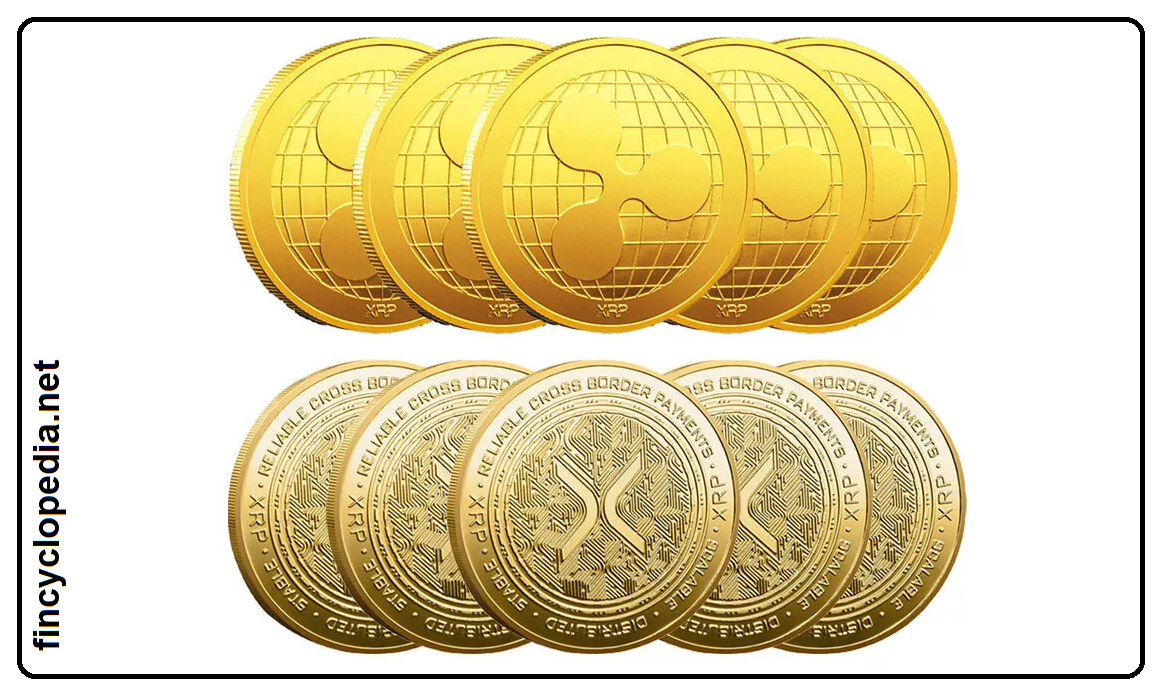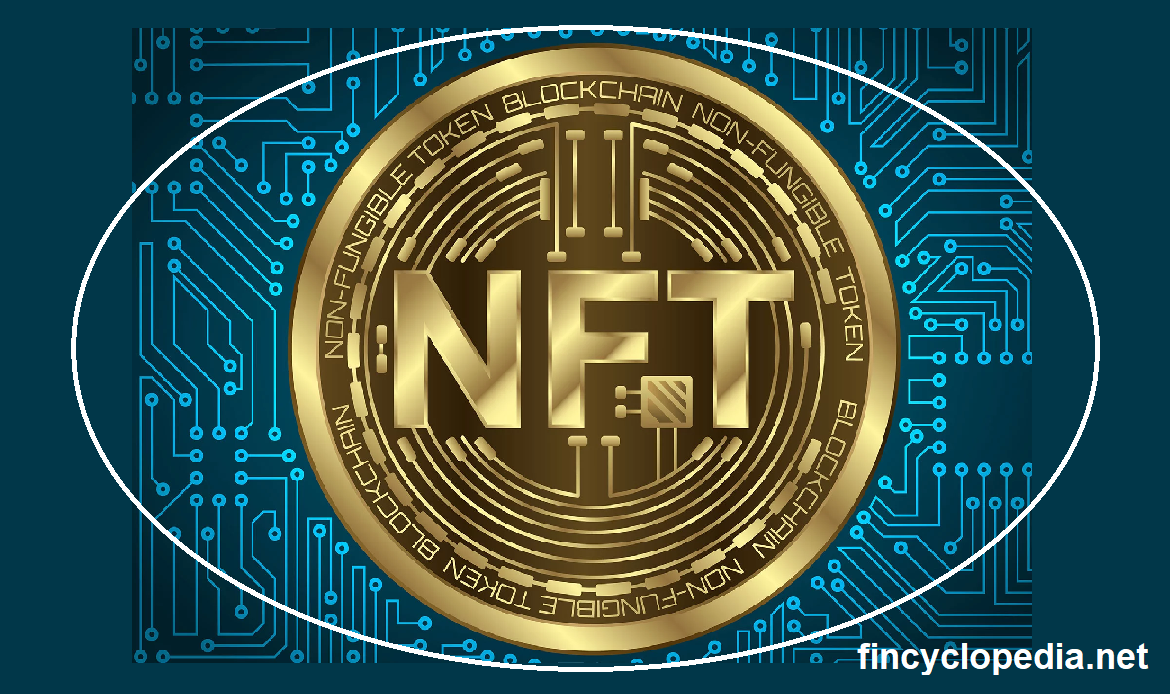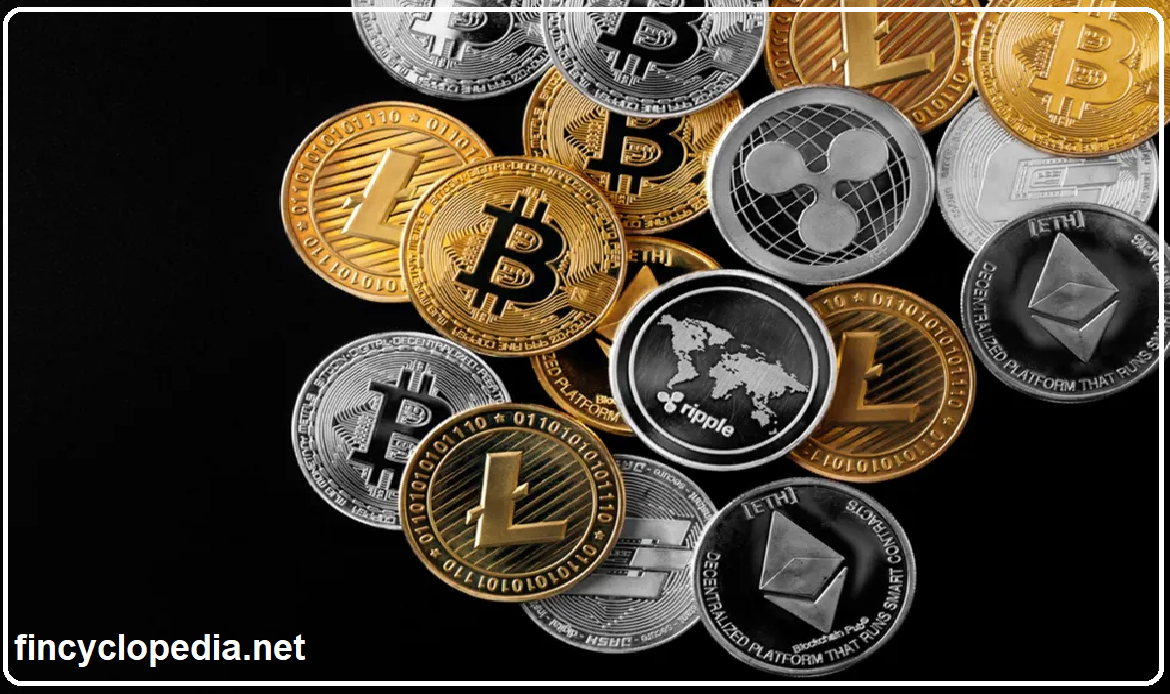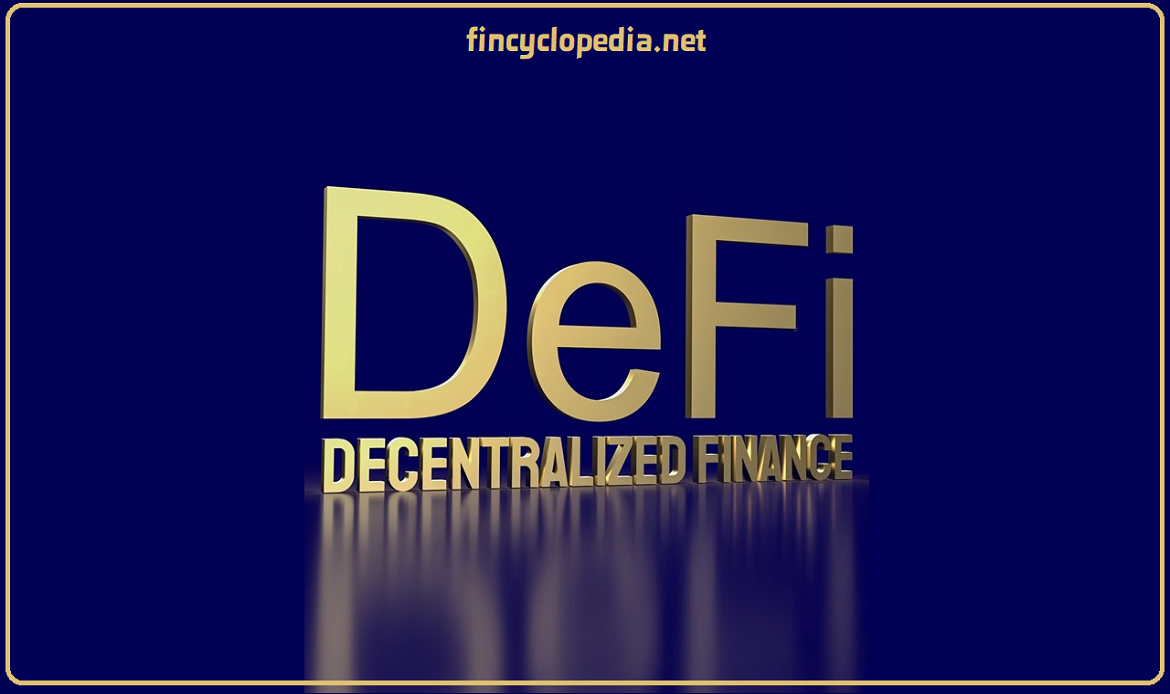
A digital representation of an interest in a certain underlying aspect, which may carry value for the holder, or a right to receive a benefit or the ability to perform certain functions (or have the same performed in a specific manner) such like crypto assets. A digital token may also be a certain aspect that has no specific purpose or use. By composition or nature, a digital token is something like a digital envelope that contains relevant details about an interest or right, or other similar aspects, stored and maintained in a codified form.
Digital tokens may represent an interest/ right in assets (e.g., financial assets like securities), in which case their stored information also include certain details (identifiers) related to the asset per se (such as face value/ principal amount, coupon rates and redemption date (for debt securities), embedded conditions on transferability, and so on. Digital tokens tradable on crypto markets and financial markets have a digital presence on a blockchain or distributed ledger technology (DLT).
As an investment, digital tokens represent a type of investment in a form of assets or ventures, particularly representing real-world assets (RWAs) in a digital form. Token holders are entitled to receive benefits as defined in the conditions set out by the issuer of such tokens. The potential benefits may also encompass, in addition to any profits arising from the underlying assets, a certain set of additional benefits such as services, discounts, and exclusive rights or privileges. These tokens can be acquired through a digital token offering (literally, an initial coin offering, ICO).
Depending on functionality and value proposition, digital tokens take many forms, particularly including crypto tokens that constitute a special category of digital assets that facilitate value transfer. In turn, crypto tokens are divided into five categories: utility tokens, security tokens, mirrored assets, non-fungible tokens (NFTs), and ‘meme coins.’ Each category is designed to perform a specific function in the blockchain environment and provides specific benefits to participants and investors.







